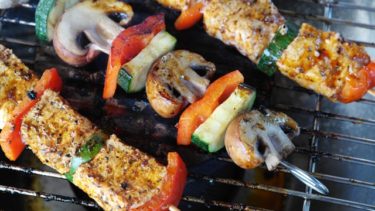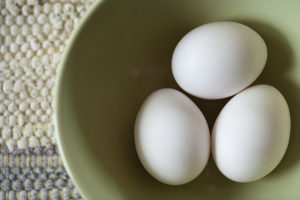Diet – truly a “four letter” word that we need to considering striking from our vocabulary.
Why is the act of “going on a diet” so prolific and popular? Is it because it’s trendy? Or that it’s ever present on covers of magazines promising a “beach body in a week” and “slim down fast” or, my personal favorite, “turn fat in to muscle”. Side note – fat and muscle are two TOTALLY different tissues – they have different structures, different metabolic characteristics, one loves water (muscle), the other doesn’t (fat), etc. Bottom line – no amount of dieting, pill-popping, or potion-drinking will turn fat in to anything but what it is.
That said, we can positively impact body composition, health and performance and all by NOT going on a diet. What!? Yes, I’m boldly telling you not to “go on a diet.”
What I am promoting is a shift in thinking. There isn’t a need for health or nutrition reform. There is, however, a dire need of lifestyle reform and a “diet” is not a lifestyle. Not in the traditional sense.
Diets, be it a low-carb/high-protein or low-fat or low-sugar diet, have a common thread, which is often why people who embark on a “this diet” or “that diet” see results. It’s the similarities, rather than the differences, that are crucial to understand. Diets force us to control and monitor the amount of food we eat regardless of the macronutrient (carb, fat, protein) its excluding. As a result, fewer calories are consumed and weight loss is initiated. Generally, these diets are not sustainable for the long-term and are designed to be temporary. Once the goal (weight loss) is achieved, old habits resume.
Instead of a diet, try a A solid set of nutritional practices aim to promote and improve health, body composition, and performance together not independent of each other. This means consuming a combination of nutrient dense foods (greater nutrients per calorie) and low calorie dense (fewer calories per 100 grams) foods.
Nutrient dense foods: fruits and veggies, high fiber foods/unprocessed grains, lean proteins.
Low Calorie foods: fruits and veggies, white-meat chicken (breast), broth-based soups (not cream-based).
Nutrition is often the greatest limiting factor for individuals that prevents them from achieving (and sustaining) the overall goal of weight loss/fat loss.
So, let’s strike “diet” from our vocabulary and start focusing on lifestyle nutrition practices that provide a holistic and balanced approach to achieving a fit life, well life, and happy life. Quit the diet and hit the “fit food” road.
Until next time…Meet you at the Well.

